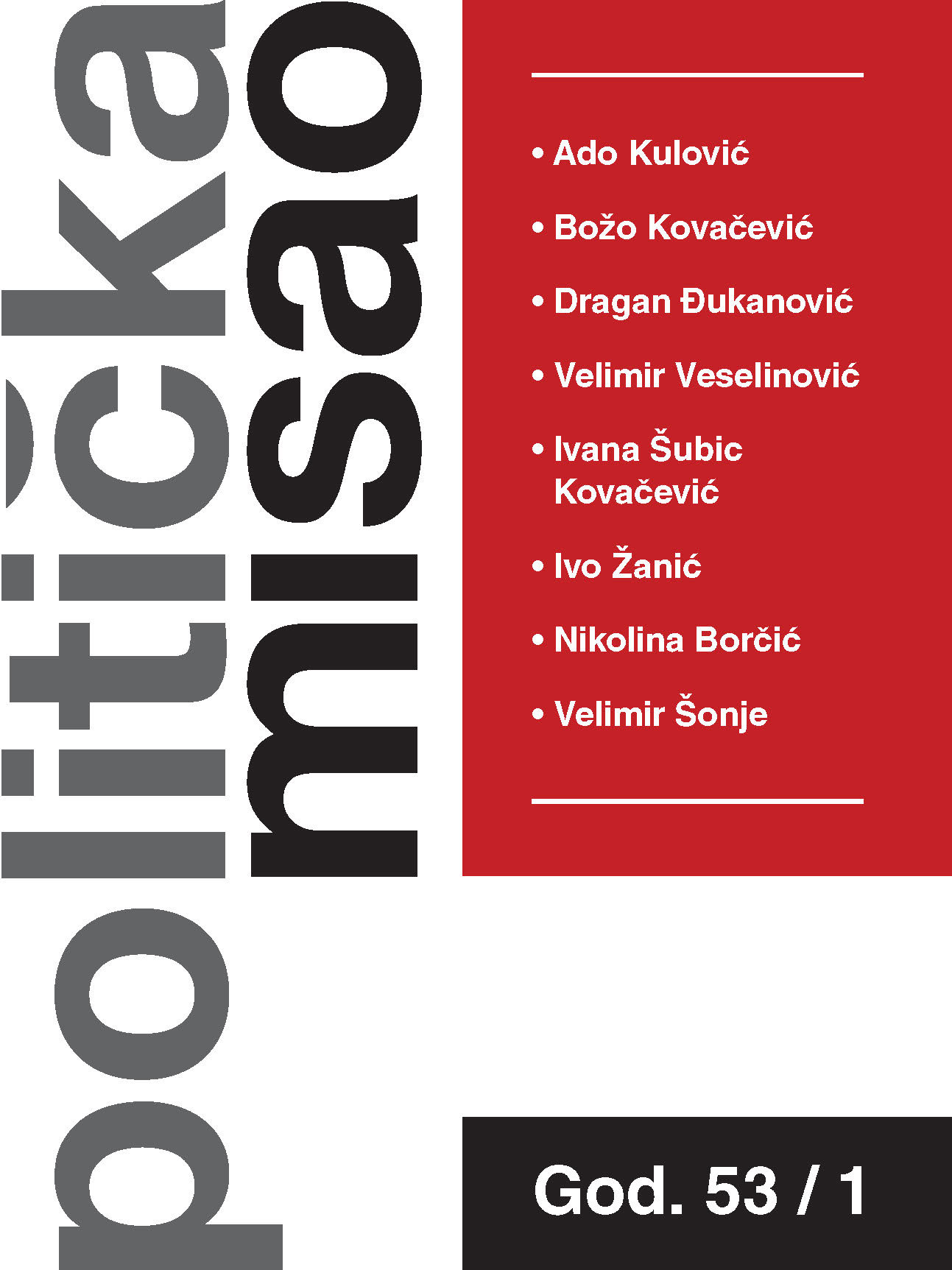Egalitarni sindrom: ekonomska perspektiva
Egalitarian Syndrome; Economic perspective
Author(s): Šonje VelimirSubject(s): Applied Sociology, Social development, Social Theory, Economic development, Sociology of Politics, Socio-Economic Research
Published by: Fakultet političkih znanosti u Zagrebu
Keywords: Egalitarian Syndrome; Županov; Inequalities; Modernisation; Economic Development;
Summary/Abstract: Within the recent discussion among Croatian political scientists and sociologists about the egalitarian syndrome theory proposed by Josip Županov in the 1970s, two issues arose that are particularly important for economists. First, is the egalitarian syndrome an obstacle to economic development or is it a mere response to given development problems? Second, if the egalitarian syndrome is a set of cultural norms, how strong is their influence on the dynamics and level of economic development? These topics have not been addressed in the recent discussion among sociologists. Introduction of additional variables into the analysis of the link between inequality and social changes shows that particular cultural norms, such as the desire for redistribution, may influence social development, but the direction and strength of this impact are uncertain. Two variables are important in this regard: the pace of cultural changes and the level of their endogeneity or exogeneity in relation to economic development. Županov did not analyse the impact of these variables, but assumed a kind of cultural determinism. This was also the approach taken by contemporary proponents of his theory. Without incorporating the egalitarian syndrome theory into a broader theoretical framework which would define and test the relationship between cultural norms, their changes and economic development, it will not be possible to determine whether the values of egalitarianism as measured by Štulhofer and Burić represent obstacles to social development
Journal: Politička Misao
- Issue Year: LIII/2016
- Issue No: 01
- Page Range: 153-163
- Page Count: 11
- Language: Croatian

